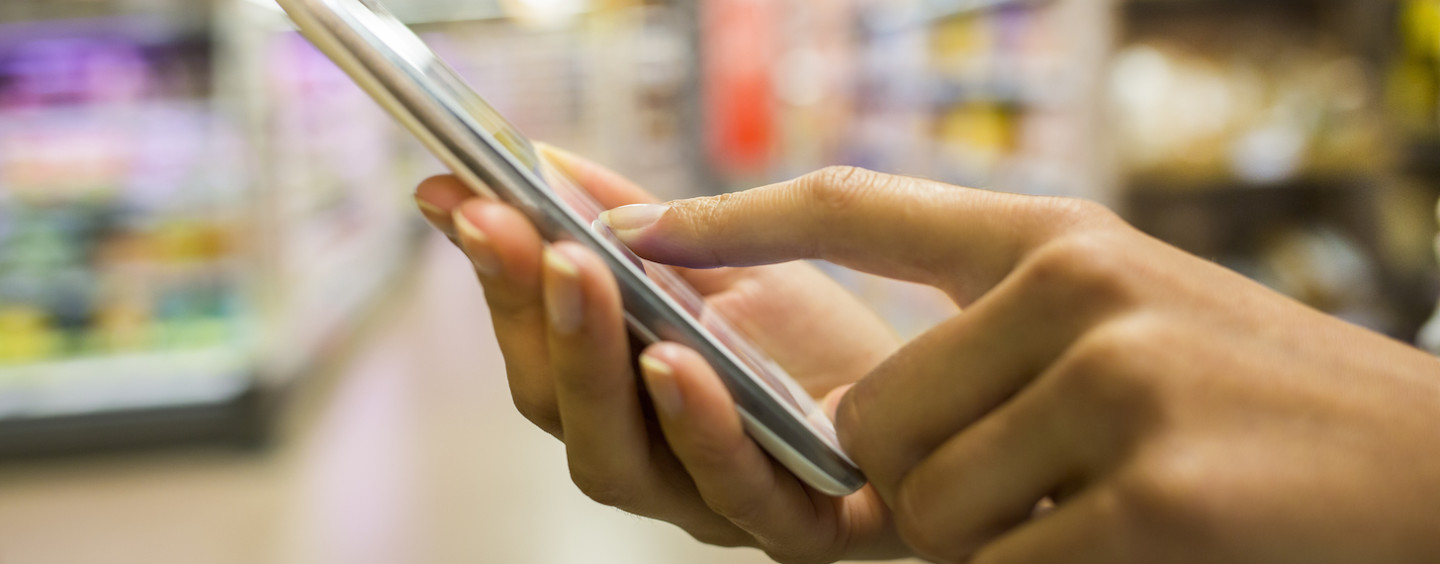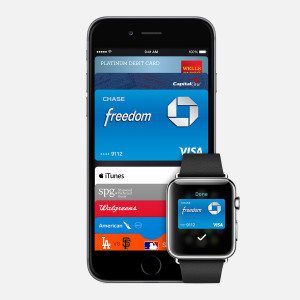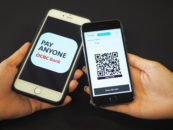
China: ApplePay Struggles to Take Off Amid Fierce Competition / Launch in Singapore
by Fintech News Singapore May 27, 2016The mobile payments industry is expected to become a US$142 billion market by 2019, according to PricewaterhouseCoopers, a trend that has led to the emergence of a great number of mobile payments systems.
Apple Pay, which launched in the US over a year ago, is attracting one million new users per week, reports the Conversation. The service allows users to register credit cards on mobile devices and pay for goods and services by swiping the devices over contactless payment terminals.
The service has been gaining great traction and according to Apple CEO Tim Cook, transaction volumes on Apple Pay are now five times higher than in April 2015.
Apple Pay struggles in China
 Apple launched the mobile payments system in Australia in November 2015 in partnership with American Express. Earlier this month, the firm successfully closed a deal with the Australia and New Zealand Banking Group (ANZ) to allow the bank’s five million customers to use Apple Pay.
Apple launched the mobile payments system in Australia in November 2015 in partnership with American Express. Earlier this month, the firm successfully closed a deal with the Australia and New Zealand Banking Group (ANZ) to allow the bank’s five million customers to use Apple Pay.
Beside the US and Australia, Apple Pay is also available in Canada, the UK, China, and most recently, Singapore.
Earlier this week, the firm announced it has expanded its mobile payment service to customers of DBS, OCBC, Standard Chartered and UOB. Before then, Apple Pay was solely available to holders of American Express cards.
Apple executive Jennifer Bailey said on Wednesday that the firm is planning to launch a rewards program in Singapore.
“We rolled out a loyalty programme in the US and we’re starting to bring that internationally as well,” Bailey said.
“So more and more you can expect us to focus on many of those things that are in your wallet today, to be able to use the same technologies that we use with Apple Pay.”
In China, the service is struggling to take off as the mobile payments market is largely dominated by China’s two biggest Internet firms, Tencent and Alibaba. Figures from Tencent suggested that the firm’s WeChat messaging app is on course to facilitate some US$556 billion over the year 2016 in peer-to-peer payments alone, reports Finextra.
Competition in the Chinese mobile payments market is becoming more and more fierce as a number of foreign competitors, including Samsung Pay and LGPay, are looking to launch in the country very soon. And that’s not it: Chinese handset manufacturers, Huawei and Xiaomi, as well, are eyeing the juicy market.
In March, Huawei launched a new NFC-based mobile payments services in partnership with China UnionPay. Xiaomi, on the other hand, has recently filed a patent for its mobile payment service Xiaomi Pay.
At the same time, popular social networks including Facebook and Twitter are tapping into the “social payments” trend, and have started offering payment features on their social platforms.
Commenting on the social payment hype, Rob Skinner, director of PR for PayPal UK, told TechRadar:
“This is about taking payments out of the commerce setting and putting it in a social setting. It’s making payments as seamless as possible. You can imagine so many different contexts for it to happen. So it’s looking for transformational experiences.”
Facebook introduced its payment feature in March 2015. The tool allows users to send money via its instant messaging app, Facebook Messenger. While the service is very similar to the likes of SnapChat, Square or Venmo, it has one major advantage: it runs on Facebook.
Just to give you an idea of the scale, Facebook is used by over 1.3 billion people around the world and Facebook Messenger counts over 600 million users.
Mobile OS: winners and losers
PayPal announced yesterday that it will discontinue its mobile apps for Blackberry, Windows Phone and Amazon Fire OS by June 30 and will solely offer apps for Google’s Android and Apple’s iOS.

Image via PayPal
The move was qualified as a “difficult decision” and reflects the firm’s stand as to “ensure we are investing our resources in creating the very best experiences for our customers,” Joanna Lambert, PayPal’s vice president of global consumer product and engineering, wrote in a blog post.
It follows the leads of Facebook and WhatsApp, which also dropped support for Blackberry’s mobile operating system.
“This was a tough decision for us to make, but the right one in order to give people better ways to keep in touch with friends, family, and loved ones using WhatsApp,” the company wrote in a blog post in February.
“We want to focus our efforts on the mobile platforms the vast majority of people use. […] While these mobile devices have been an important part of our story, they don’t offer the kind of capabilities we need to expand our app’s features in the future.”
Featured image: Mobile payments by LDprod, via Shutterstock.com.







